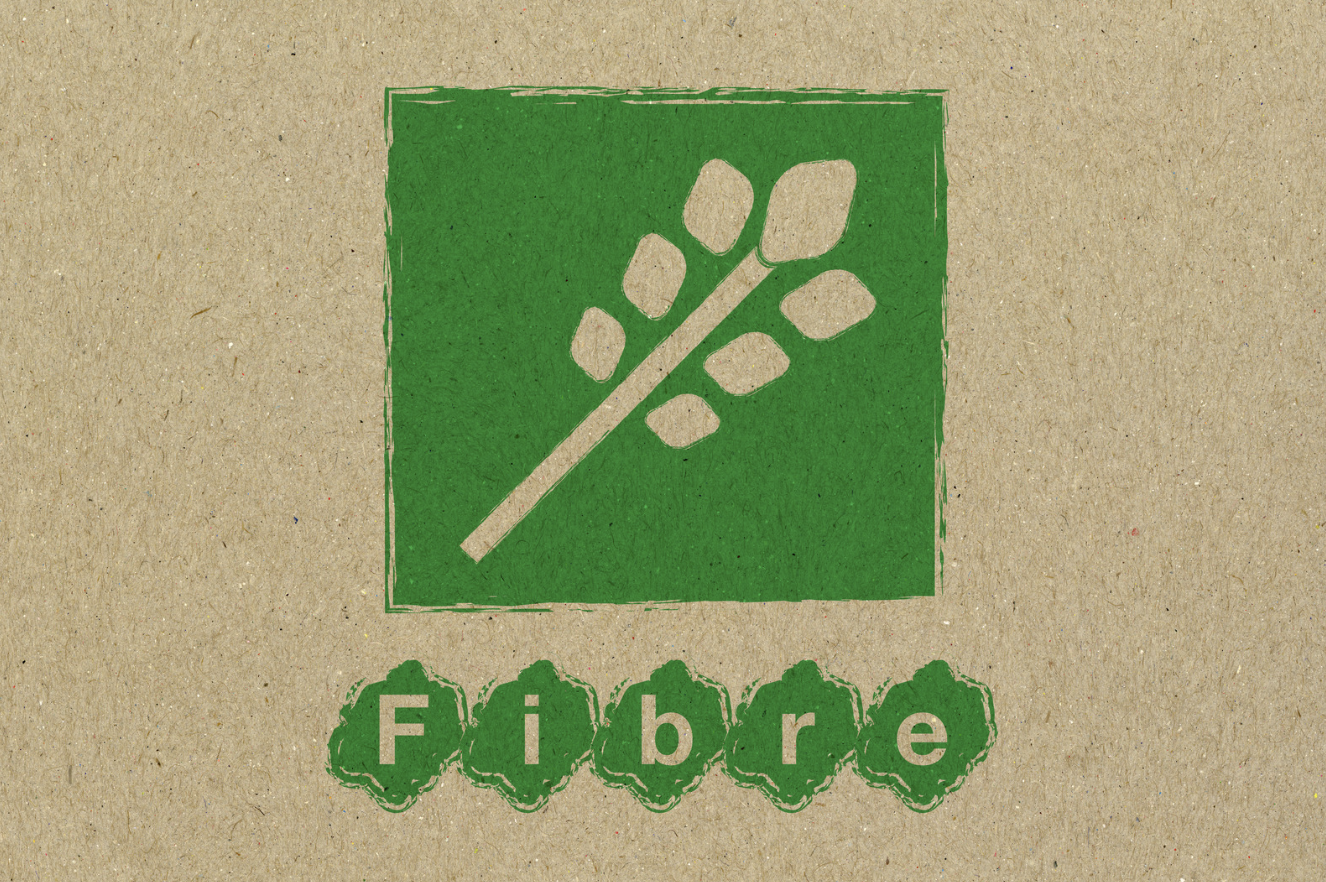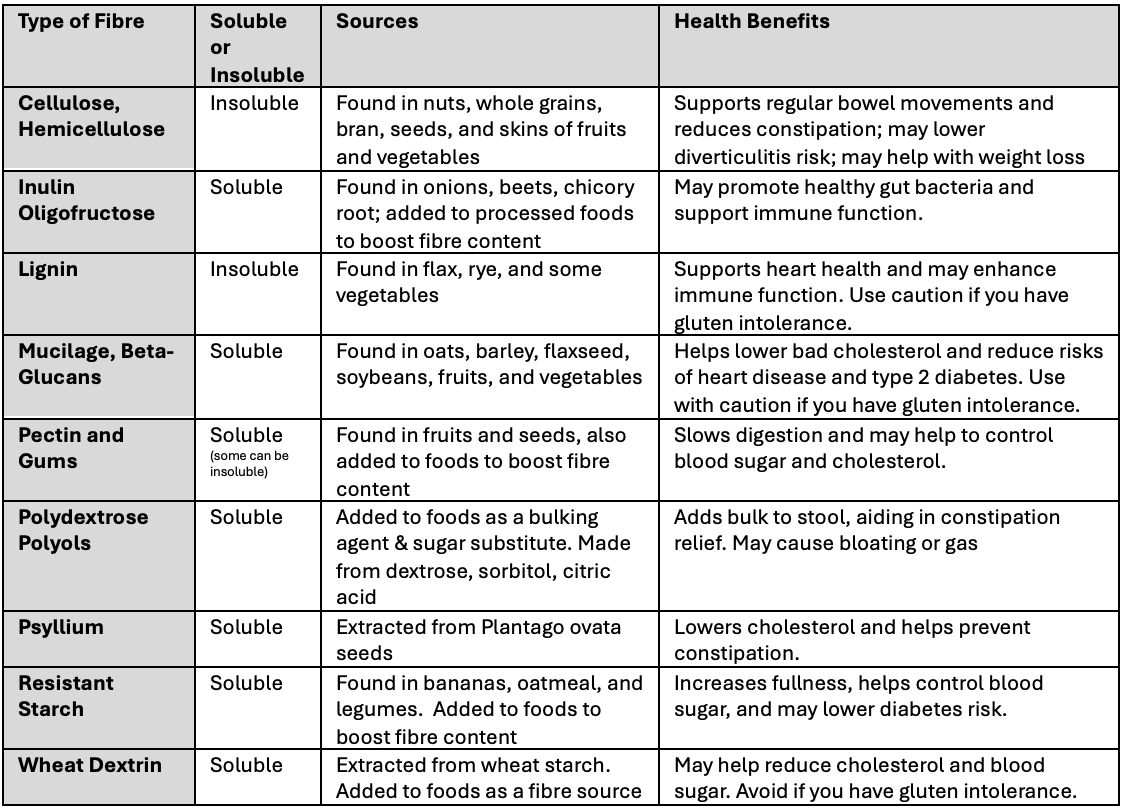Dietary fibre: Can it help my health & can I use fibre supplements?
What fibre should you eat?
Dietary fibre is an essential part of a healthy diet and comes from plant-based foods. It helps with digestion, weight control, and other health benefits. Fibre is classified into two main types: soluble and insoluble, each with unique sources and benefits.
What’s the difference between fibre and dietary fibre?
Fibre is found in all plants, while dietary fibre refers to the type of fibre in foods that humans cannot fully digest, beneficially passing through the digestive system.
Which type of fibre is better?
Both types are important! Eating a range of fibre-rich foods ensures you get the benefits of both soluble and insoluble fibre.
Eating a range of fibre-rich foods ensures you get the benefits of both soluble and insoluble fibre.
Health Benefits of Soluble Fibre
Soluble fibre dissolves in water, forming a gel-like substance that helps:
Protect the heart: Reduces cholesterol, lowering heart disease risk.
Control diabetes: Helps manage blood sugar levels, beneficial for people with diabetes.
Support weight loss: Helps with fullness, making it easier to manage weight.
Regulate bowel movements: Adds bulk to stool, preventing constipation.
Health Benefits of Insoluble Fibre
Insoluble fibre doesn’t dissolve in water. Instead, it helps:
Aid weight control: Promotes fullness.
Support digestive health: Helps with regular bowel movements and may relieve issues like constipation.
Dietary fibre can aid weight loss by making you feel fuller
Prebiotic Fibre
Some types of fibre act as prebiotics, providing food for the healthy bacteria in your gut. Benefits of prebiotics include:
Better nutrient absorption for bone health
Regular bowel movements
Improved immune defences
Foods high in prebiotic fibre include dandelion greens, garlic, leeks, and onions. However, be aware that these foods can cause symptoms of irritable bowel syndrome (IBS) in some people.
Fibre Supplements
If you’re not getting enough fibre from foods like fruits, vegetables, and whole grains, fibre supplements may help. Common ingredients in supplements include psyllium, inulin, and wheat dextrin. It’s best to increase fibre intake gradually to avoid bloating or cramping.
See image below for the types of dietary fibre including supplements
How Much Fibre Do You Need?
The general daily fibre recommendation is around 30 grams. Most adults consume only half of this amount.
Can You Have Too Much Fibre?
Too much fibre, especially if added suddenly, can cause gas, bloating, and cramping. To prevent this, increase fibre intake slowly, allowing your body time to adjust and make sure you drink plenty of water to help digest the fibre.
Summary:
Most people don’t consume enough fibre, yet it’s vital for health. Aim to include a variety of fibre-rich foods in your diet, like fruits, vegetables, grains, and nuts, to support your digestive health, control weight, and reduce health risks.




